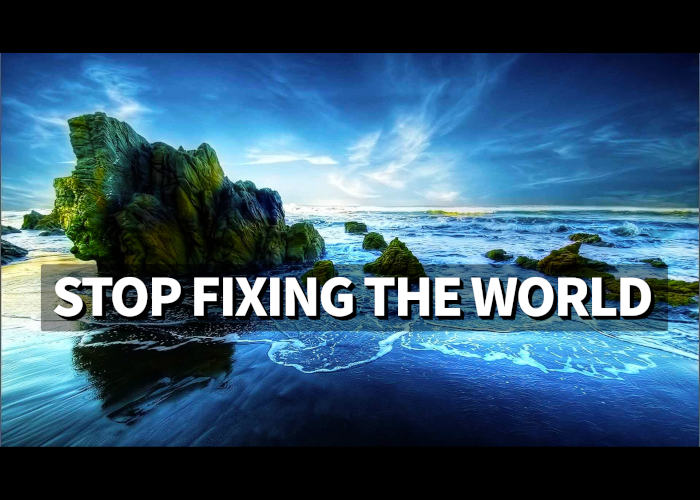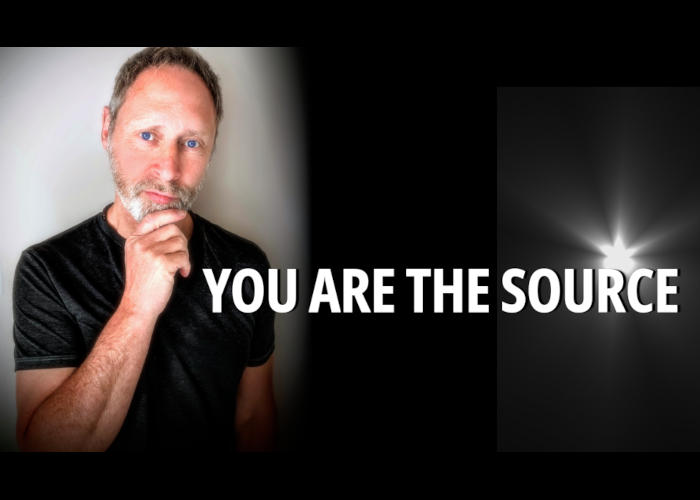Posts : The Sacred Unfolding

The Sacred Unfolding
Weekly online gathering dissolving the illusion of the "separate self" and reconnecting you with the infinite wisdom that lives at your core. This is where psychology meets spirituality merging with the infinite divine.
The Invitation
We spend much of our lives searching: for peace, for purpose, for a sense of being "at home" in our own skin. We look for it in our careers, our relationships and our achievements. We try to "fix" ourselves, believing that if we just work hard enough, we will finally become the person we are meant to be.
But the mystics and the wise have always pointed to a different truth: You do not need to be fixed. You simply need to be revealed.
The Sacred Unfolding is my weekly online gathering designed to dissolve the illusion of the "separate self" and reconnect you with the infinite wisdom that lives at your core. This is where psychology meets spirituality merging with the infinite divine.
It is a journey of Soul Alchemy, transmuting the noise of the mind into the clarity of the spirit.
Date: Every Thursday, 19:00 UK Time, from 4th December 2025 onwards.
Zoom: https://zoom.us/j/2255919723
For more details of this weekly journey, see the The Sacred Unfolding.
More Popular Posts
Guided Meditation for Limitless Confidence
Unlock your full potential with this guided meditation for limitless confidence;deep...read more
What Your Mind's Warning Lights Are Really Telling You (Don't Panic!)
Is your mind like a car's dashboard, flashing up warning lights and causing...read more
Unlock Unlimited Abundance: 22-Minute Guided Meditation
That limitless flow of all you need is a gift waiting for you to receive and...read more
Finding Peace In A Chaotic World: The Power Of Perspective
We dive into the illusion of cause and effect and discover why the peace you...read more
Stop Chasing: The Magic Is Not Out There
We can spend our entire lives chasing it. We can chase success, we can chase...read more
Most of our lives, we are taught that the Divine is something external, a distant...read more





